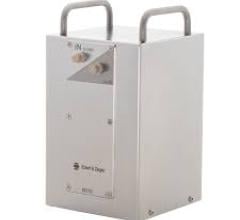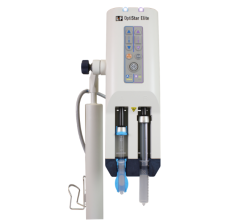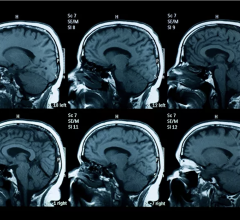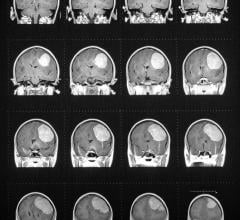
December 29, 2008 – When Zemiva, an imaging agent by Molecular Insight Pharmaceuticals Inc., is combined with the standard of care for the diagnostic evaluation of the chest pain patient, improved the detection of cardiac ischemia by more than 50 percent greater than the standard of care when compared to the standard of care alone.
Zemiva is a fatty acid analog also known as 123I-BMIPP or Iodofiltic Acid I 123 that detects cardiac ischemia when used with a nuclear medicine camera by revealing abnormalities in the fatty acid metabolism of the heart. According to Phase 2 clinical study (BP-23) results, Zemiva’s improved sensitivity was evident even in patients whose chest pain symptoms had subsided up to 30 hours prior to the Zemiva scan.
These results were consistent for the subset of patients with acute coronary syndrome (ACS), the most severe form of cardiac ischemia. In both cases, sensitivity and negative predictive value was improved while specificity was maintained. In patients with a negative Zemiva scan, there were no hard cardiac events, including myocardial infarctions or death from cardiac causes during the 30-day follow up.
The trial enrolled 510 patients over 14 months at 50 hospitals throughout North America. The primary objective was to evaluate the ability of Zemiva to identify myocardial ischemia in patients who present to the emergency department with suspected acute coronary syndrome. The primary endpoint of the trial was to determine the performance (sensitivity and specificity) of Zemiva and the key secondary endpoint was to determine the clinical benefit of the use of Zemiva as a complement to standard of care. The trial met both the primary and key secondary endpoints. Zemiva was well tolerated. There were reportedly no serious adverse effects associated with the product and no patients discontinued the product due to adverse events.
For more information: www.molecularinsight.com


 July 09, 2024
July 09, 2024 








